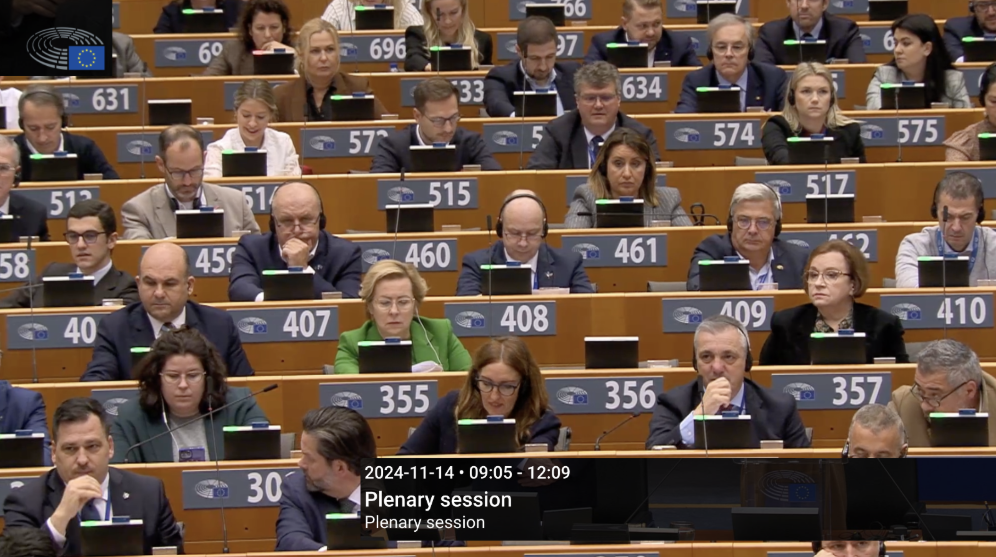EUDR postponed by one year
In 2023, the European institutions approved the EU Deforestation-Free Products Regulation (EUDR), setting its entry into force for large companies on 30 December 2024, with small and micro-enterprises expected to comply six months later.
However, in October 2024, the European Commission proposed a one-year postponement. The revised deadlines: 30 December 2025 for large companies and 30 June 2026 for smaller businesses, aim to address concerns from both EU member states and non-EU countries, who warned that full compliance by the original deadline was unrealistic.
The European Parliament and the Council of the EU endorsed the delay in late December 2024, with the final text published in the Official Journal of the EU that same month.
How we got here: a look at the postponement process
In November 2024, the European Parliament agreed to the postponement and adopted several amendments proposed by various political groups. Key changes included:
- Introduction of a “no-risk” category: In addition to the existing low, standard, and high-risk classifications, a new category was added for countries with stable or increasing forest cover. Products originating from these “no-risk” countries would be exempt from due diligence requirements.
- Platform readiness requirements: The information exchange platform and risk benchmarking system must be fully operational at least six months prior to the regulation’s new application date.
That same month, the Council of the EU confirmed its support for the 12-month delay but expressed reservations about the proposed amendments, stating they would not substantially alter the core objectives of the regulation. The Council echoed the Commission’s reasoning, highlighting the urgent need for stakeholders—including member states, third countries, businesses, and traders—to have adequate time to prepare for their due diligence obligations.
The delay is therefore seen as an opportunity to build robust systems for deforestation risk assessment, supply chain monitoring, and overall compliance—ensuring the effective implementation of the regulation.
What’s changing and what lies ahead
With the official adoption of the delay in December 2024, companies now have more time to align with the EUDR. The new compliance deadlines are set for 30 December 2025 (large companies) and 30 June 2026 (small and micro-enterprises).
Meanwhile, progress continues on the technical front. An EU-wide due diligence information system was launched in December 2024, and the European Commission is actively updating its EUDR guidance and FAQs, incorporating input from relevant stakeholders.
By 30 June 2025, the Commission must also deliver a fully operational platform for submitting due diligence statements, along with a complete risk classification system for sourcing countries. These tools will be critical in supporting companies and public authorities in delivering deforestation-free supply chains.
Our perspective
While the extension provides companies with valuable preparation time, the urgency of tackling deforestation remains as pressing as ever. We welcome the fact that, despite the delay, no changes were made to the substance of the regulation—its scope and ambition remain intact.
The EMMA4EU project continues to address the skills gap that this regulation highlights. We have identified key training needs for students and professionals across Europe and developed a specialised training programme, empowering the next generation of supply chain professionals to lead the transition toward deforestation-free and sustainable sourcing systems. In parallel, EMMA4EU partners have analysed 43 case studies and developed the Innovation Report on Deforestation-Free Supply Chains, which offers both scientific and practical guidance for EUDR implementation. The report focuses on three pillars—compliance, technology, and corporate social responsibility—by assessing current practices and exploring innovative solutions.




